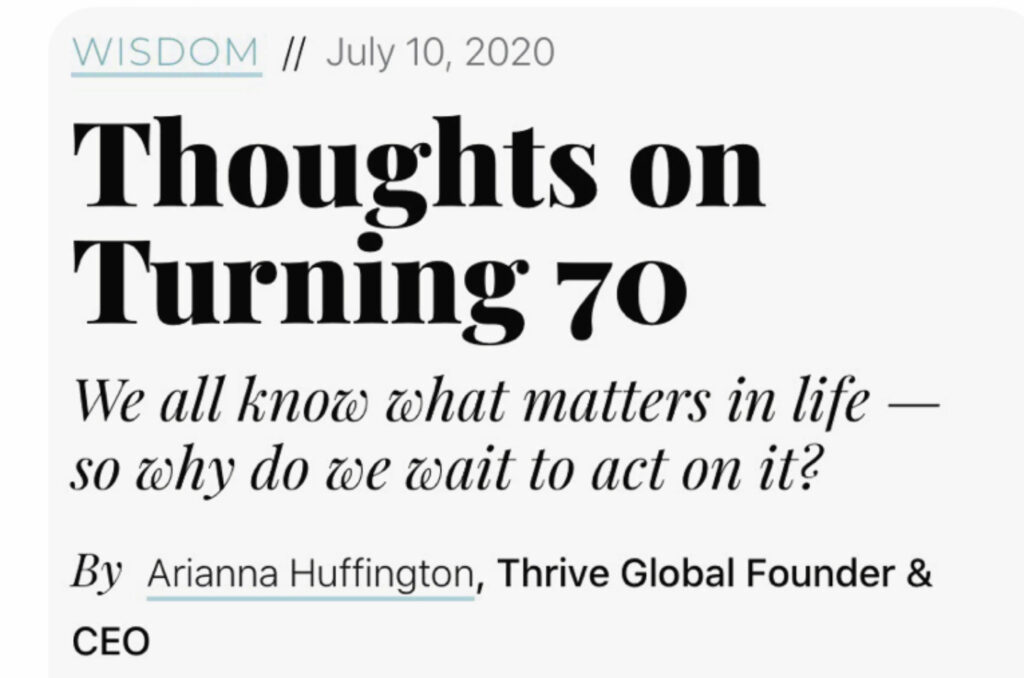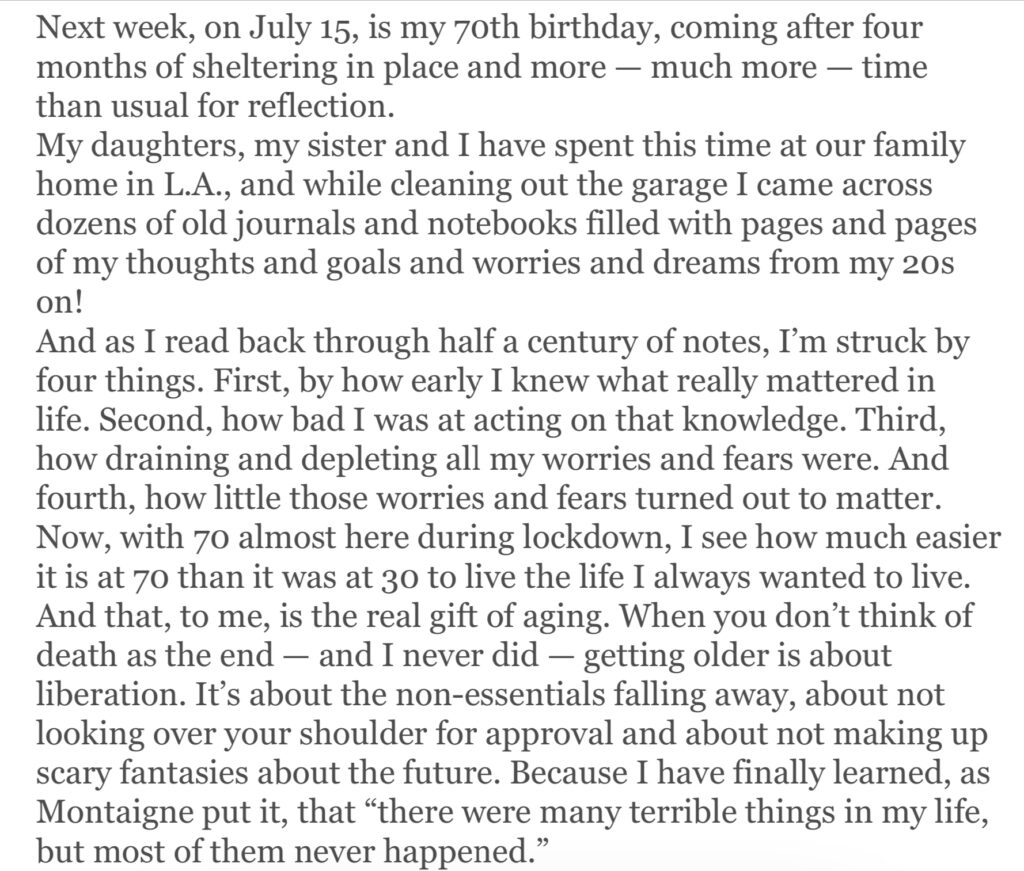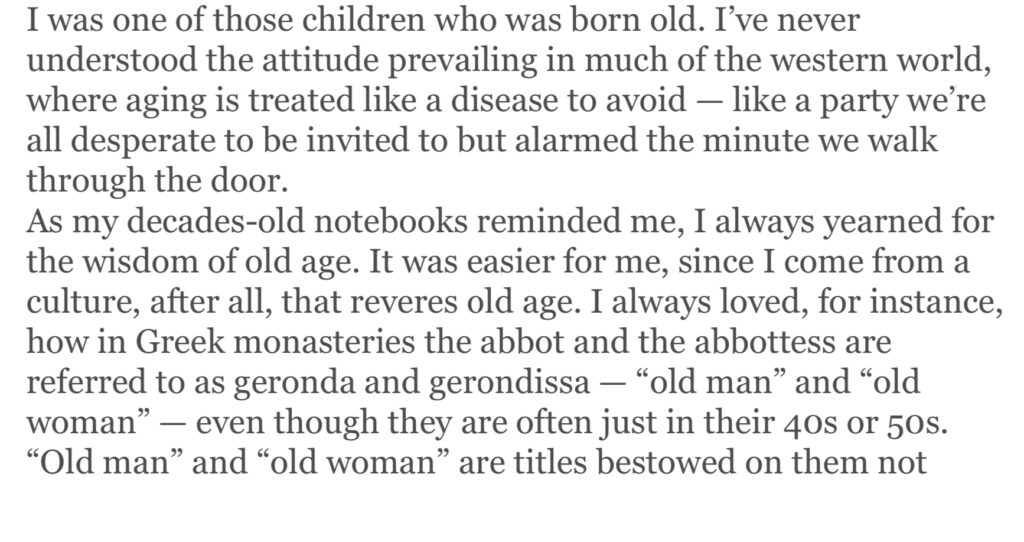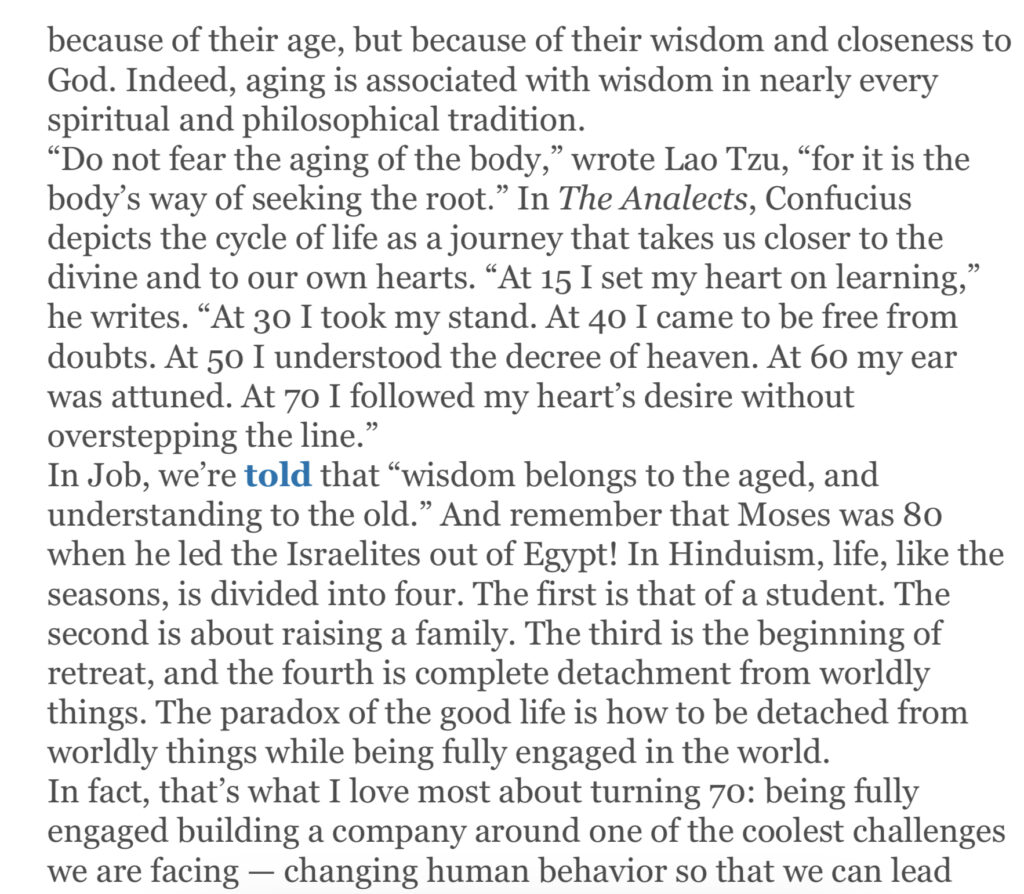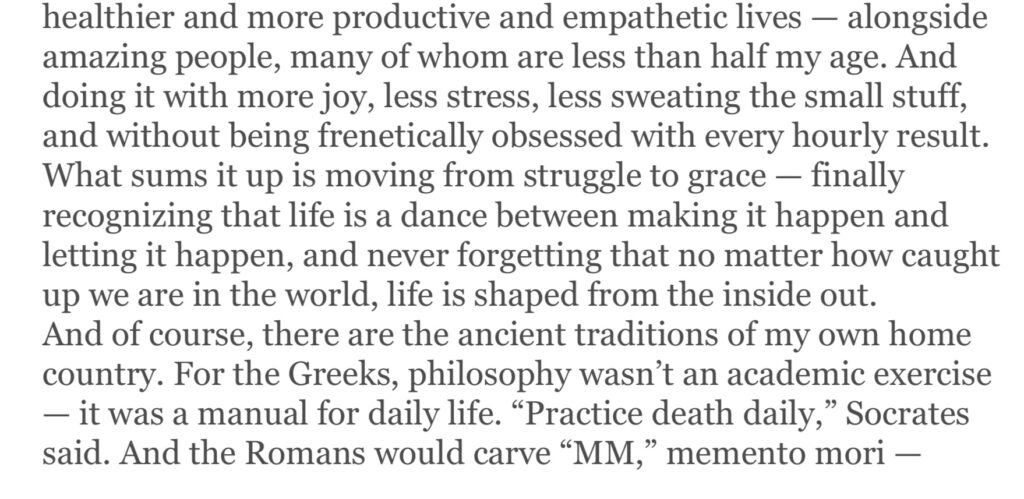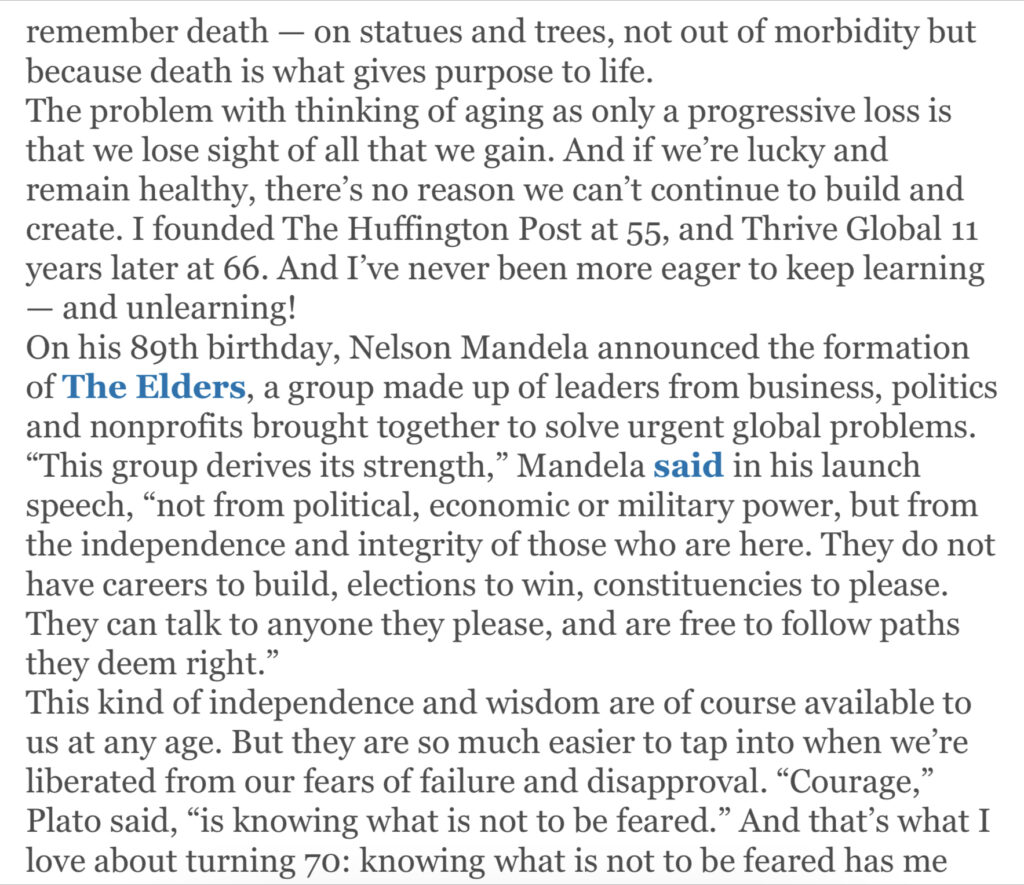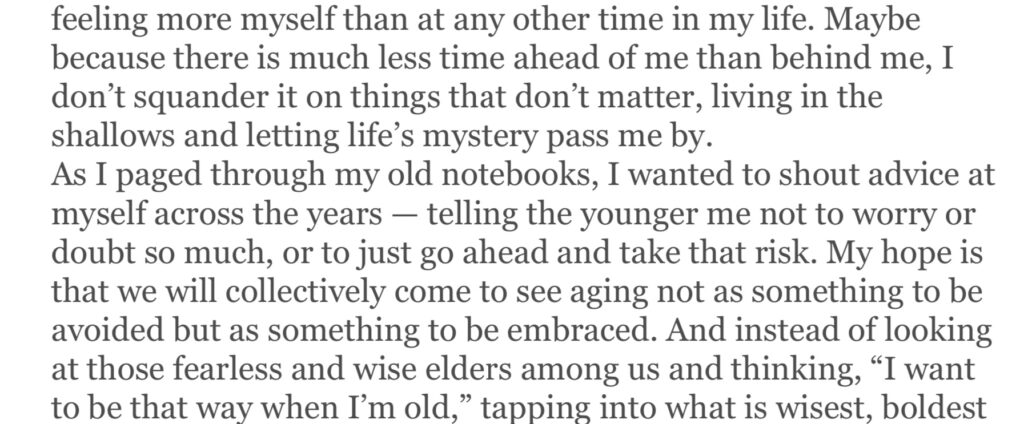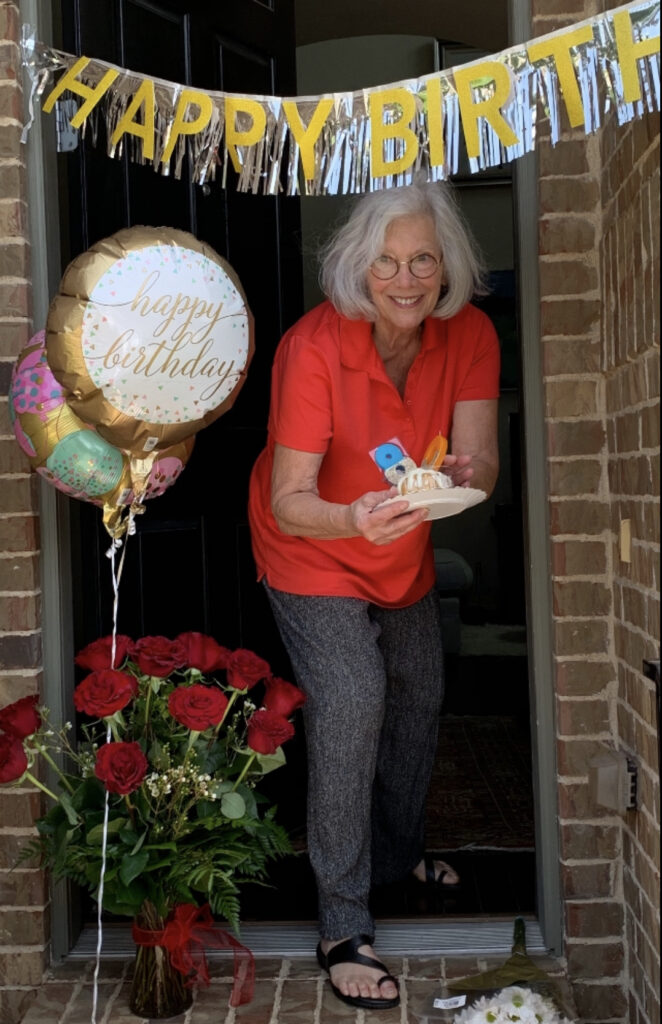Seasons Greetings to all of you in our 70Candles community!
Ellen and I greatly appreciate and send all our best wishes to you who have been with us for so many years, and to those we continue to welcome as new subscribers to 70Candles.com. We value the thoughtful and heartfelt conversations that continue on this blog as you help and support each other through challenges …and joys.
This year of the COVID-19 pandemic and political turmoil is about to end. The virus remains a threat, there’s no hugging as we stay masked, but the new vaccines offer a ray of hope that we will eventually see the end of this epidemic. Many have suffered illness, loss, loneliness and depression. We hope you are all well and safe.
As we look forward to better health, and more kindness and sanity in the world in the New Year ahead, let’s take a moment to look back on the sometimes bleak days of 2020. Let‘s recall what helped us most to endure and carry on to reach this day. Were there some small pleasures, nice surprises, treasured moments you can share?
I recently Zoomed with a group of very old friends, and was amazed to hear several describe their confinement in positive terms. Some who retreated to country or remote woodland homes considered the time with their significant other there unlike any spent previously. They had had busy high powered careers, with little extended down time together. For them, this isolation was an unexpected gift, even a second honeymoon.
As I look back, I count small moments and what ordinarily would be minor changes, as the positive high points for me. My college age grandson and granddaughter each have come by for wonderfully heartwarming chats at our front stoop, when they’ve been home. I feel so fortunate to be part of their lives.
I’ve continued with acrylic painting and find the hours doing that to be pleasantly distracting, calming and even meditative. Frequent walks outdoors have similar benefit.
A triumph over six months of slow progress…our primary shower is finally useable once more. Leak cured, repairs made, and as a bonus, a new double shower head and a tall unframed glass door. Showering has become a special daily pleasure!
I hope to continue to stay in touch with friends, and will try to notice whatever small moments improve my mood as we enter 2021.
As you think back on 2020, what were some of your best experiences?
Let’s share those here. I think we’d all welcome new ideas to boost our spirits and enhance our well being in the days to come.
May the New Year ahead be a better one for us all.
A toast to 2021!
Jane
